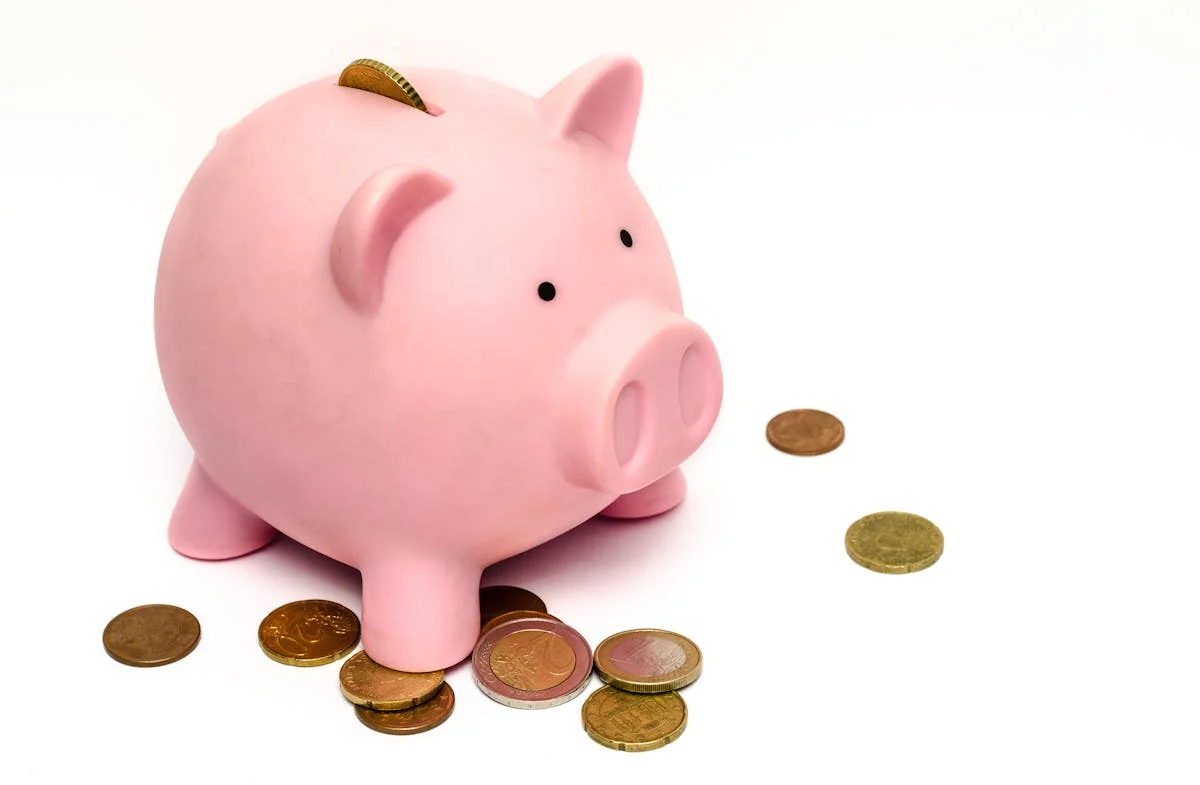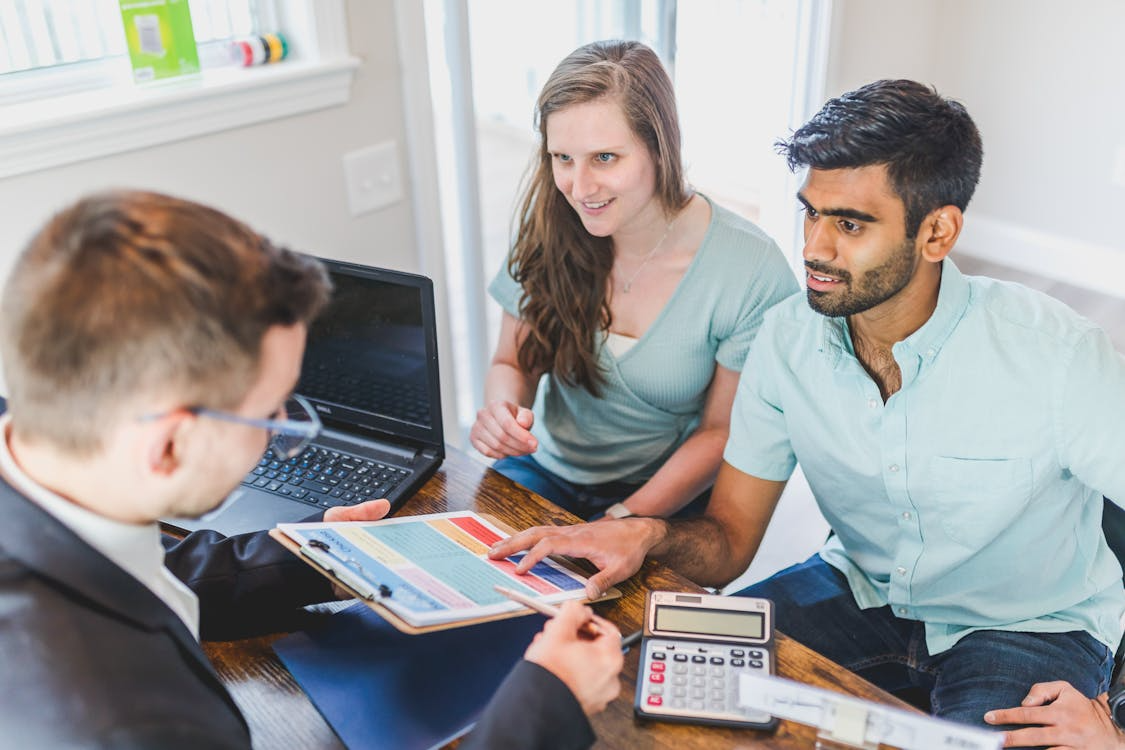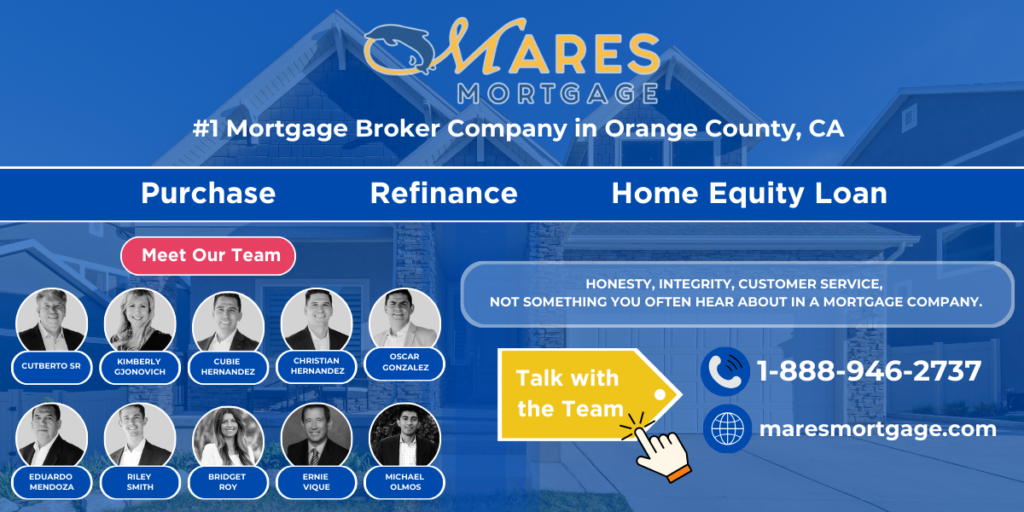Owning a home has always been part of the American dream, but the idea of spending 30 years in debt can be intimidating. While a mortgage isn't as high-interest as credit card debt, it's still a major financial commitment.
What if you could pay it off much faster?
It's possible with the right strategy and discipline. Here's how to do it.
Related: Different Types of Mortgages
On paper, it's simple: make a plan and stick to it. You'll need to increase your monthly payments or make them more frequent, which may require cutting spending or increasing your income.
Start by setting a specific goal date to be mortgage-free. A five-year goal is great, but even better is having quarterly checkpoints and a halfway milestone to track progress.
Once you have your deadline, calculate how much you'll need to pay each month. You can ask your lender for an amortization schedule to understand how each payment impacts your principal and interest.
Understanding the Numbers
Let's say you have a $300,000 mortgage at 6% interest. Your standard 30-year payment would be around $1,799 per month. To pay this off in 5 years, you'd need to pay approximately $5,800 monthly. That's a significant jump, but the interest savings are substantial. Over 30 years, you'd pay roughly $347,000 in interest alone. By paying it off in 5 years, you'd pay only about $48,000 in interest, saving nearly $300,000.
Create Your Payoff Timeline
Break your 5-year goal into manageable chunks:

Try making an extra mortgage payment each month. If you get paid biweekly, consider making a payment from each paycheck. You could also add a lump sum payment annually with saved funds.
Even small tweaks help. Rounding up your payment to the nearest $10 or $100 adds up over time.
Payment Strategy Options
Your approach depends on your cash flow situation. Current interest rates for buying a home vary significantly, so timing matters. Here are three proven methods:
Automate Your Extra Payments
The biggest mistake people make with accelerated mortgage payoff plans is relying on willpower. Set up automatic transfers the day after your paycheck hits. Treat your extra mortgage payment like any other bill, something that happens without you thinking about it. Most lenders let you schedule recurring payments that go straight to principal. When the money moves automatically, you can't talk yourself out of it during a weak moment. You'll adjust your spending around what's left, not the other way around.
Why Biweekly Payments Work
Making extra payments toward your mortgage through a biweekly schedule works because you're taking advantage of the calendar. Most months have more than four weeks, so by paying every two weeks instead of twice a month, you naturally make one extra full payment per year without feeling the pinch. That extra payment goes directly to your principal balance, reducing the total interest you'll pay over the life of the loan.
Related: How to Pay Your Mortgage With a Credit Card
If you haven't purchased yet, the smartest thing you can do is put at least 20% down. This helps you avoid mortgage insurance and keeps your loan smaller, making it much easier to pay off quickly.
Down Payment Impact Analysis
Consider two scenarios: buying a $400,000 home with 5% down versus 20% down. With 5% down, you're financing $380,000 plus PMI costs. With 20% down, you're only financing $320,000 with no PMI. That's a $60,000 difference in your loan amount before you even start accelerating payments.
For buyers considering high-value properties, understanding how jumbo loans work becomes critical. These loans typically require larger down payments but can offer competitive rates for borrowers with strong credit profiles. The 20% down payment threshold matters even more with jumbo financing, where lenders scrutinize debt-to-income ratios more carefully.
Related: Can You Buy a House Without Money Down?

If you want to redirect more money to your mortgage, you'll need to cut monthly expenses. Cancel unused subscriptions, reduce dining out, and pause luxury spending.
Remember, these cuts don't have to be permanent. Once you're mortgage-free, you can ease back into old habits.
Strategic Expense Reduction
Target these high-impact areas first:
The 90-Day Spending Audit
Track every dollar you spend for three months to identify patterns. You might discover you're spending $400 monthly on food delivery or $150 on subscriptions you forgot about. These findings aren't meant to make you feel guilty; they're data points that show where you have flexibility. When you see the numbers laid out, it becomes easier to make conscious choices about what matters most.
Related: Buying A Second Home: How To Finance
The easiest way to stay on track is to create a budget and stick to it. Budgeting helps you see where your money goes, reduce waste, and prioritize savings.
You might be surprised how quickly small purchases add up.
The 50/30/20 Mortgage Acceleration Rule
Modify the traditional budgeting rule for mortgage payoff:
This framework ensures you're making meaningful progress while maintaining quality of life.

If cutting expenses isn't realistic, consider finding new income streams. Whether it's turning a hobby into a side hustle (like selling crafts on Etsy) or offering freelance services in writing, programming, or design, every extra dollar helps.
Income Acceleration Strategies
Modern technology makes earning extra income easier than ever:
Immediate Income Boosts:
Long-term Income Growth:
The Reinvestment Strategy
Every dollar of extra income should have a purpose. Create a simple rule: 70% goes directly to mortgage principal, 20% goes to your emergency fund, and 10% is your "motivation money" for small personal rewards.
Tracking Your Progress
Set up a simple spreadsheet or use a mortgage tracking app to watch your principal balance drop each month. Seeing the numbers shrink provides powerful motivation when you're tempted to skip an extra payment. Some homeowners even create visual trackers, coloring in progress bars or checking off milestone amounts. The psychological benefit of watching your debt decrease can't be overstated; it keeps you focused when sacrifices feel hard.
Related: When Should You Refinance Your Home
Being mortgage-free is appealing, but it's not always the best financial move. Sometimes, a 7- or 10-year payoff is smarter, depending on your situation.
As a homeowner, unexpected costs come up all the time. If you don't have a 6-month emergency fund, prioritize that first before accelerating your mortgage.

Emergency Fund Priorities
Homeownership brings unique expenses that renters don't face. Your emergency fund should cover:
If you haven't started funding your retirement, this should come first. The earlier you invest, the more compound interest you gain. In some cases, prioritizing retirement makes more sense than rushing to pay off your mortgage.
The Opportunity Cost Calculation
Consider this scenario: instead of putting an extra $2,000 monthly toward your mortgage, you invest it in a diversified portfolio earning 8% annually. Over 25 years, that investment could grow to over $1.8 million. Meanwhile, your mortgage interest rate might only be 6%. The math often favors investing, especially when you factor in the tax advantages of retirement accounts.
Understanding these tradeoffs becomes easier when you have all your mortgage questions answered by professionals who can look at your complete financial picture. A mortgage advisor can help you model different scenarios, showing you exactly how accelerated payments compare to other investment strategies based on your specific interest rate, loan balance, and time horizon.
Avoid using credit cards or loans to pay off your mortgage early. The interest rates on other debts are usually higher, and missing other bills to make extra mortgage payments can hurt you financially.
Debt Prioritization Framework
Always tackle high-interest debt first. Here's the typical hierarchy:
Only focus on accelerating your mortgage payments after higher-interest debts are eliminated.
Related: Refinancing With Bad Credit

Market Timing Considerations
Your home interest rate compared to current market conditions matters. If you locked in a historically low rate, you might be better off investing extra money rather than paying down cheap debt. Conversely, if rates have dropped significantly since you bought, refinancing before accelerating payments could save even more money.
Related: What Exactly Is a Purchase Money Loan?
When Refinancing Makes Sense First
Before committing to an aggressive 5-year payoff strategy, explore whether you should refinance to a lower rate or shorter term first. If you can drop your interest rate by even 1%, that's money saved without requiring extra payments. Some homeowners refinance from a 30-year to a 15-year mortgage, which automatically accelerates their payoff while locking in lower rates. The forced discipline of higher required payments can actually be easier to maintain than optional extra payments.
Alternative Strategies to Consider
Not everyone needs to pay off their mortgage in exactly 5 years. Consider these alternatives:
The 15-Year Refinance Option: When your credit and equity are solid, switching from a 30-year loan to a 15-year option can be a smart middle path. You get a reduced rate and a faster payoff schedule without the brutal jump in monthly payments that a 5-year target would demand.
The Investment Property Route: Plenty of homeowners tap their built-up equity to secure financing for an investment property, letting the rental income help cover their mortgage debts.
The Hybrid Approach: Paying more whenever your budget allows still moves the loan down without locking you into a strict schedule. It’s a good fit for anyone with uneven earnings or shifting priorities. Understanding how to pay off a 30-year mortgage faster doesn’t require an aggressive 5-year plan; even bringing it down to 15 years cuts a huge amount of interest.
Real Success Stories
Many homeowners have successfully implemented these strategies. People who commit to paying off their mortgage early often report that the hardest part is the first six months. After that, living on less becomes the new normal, and watching the principal balance drop becomes genuinely exciting. The key is finding a pace that's aggressive enough to make real progress but sustainable enough that you don't burn out.
Ready to start your journey toward becoming mortgage-free? The strategies outlined above work, but success depends on choosing the right approach for your situation. Whether you're dealing with current interest rates for buying a home or looking to pay off your mortgage faster on an existing loan, having professional guidance makes all the difference.
Ready to explore your mortgage payoff options? Connect with our mortgage specialists to create a personalized strategy that fits your budget and timeline.
Did you know that refinancing your mortgage can help lower your interest rate?
Learn more with Mares Mortgage and explore your options today!
